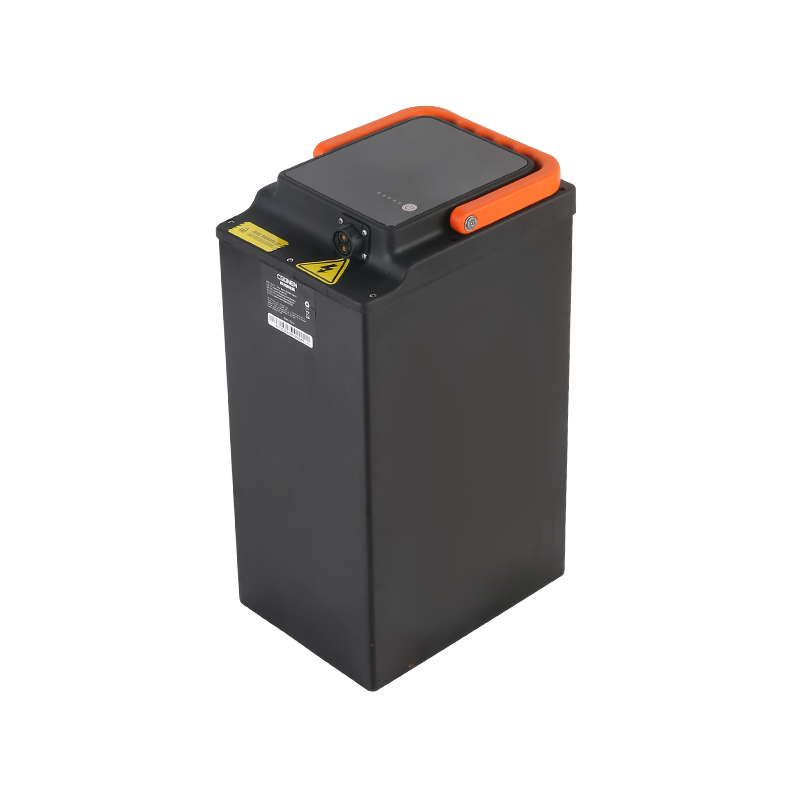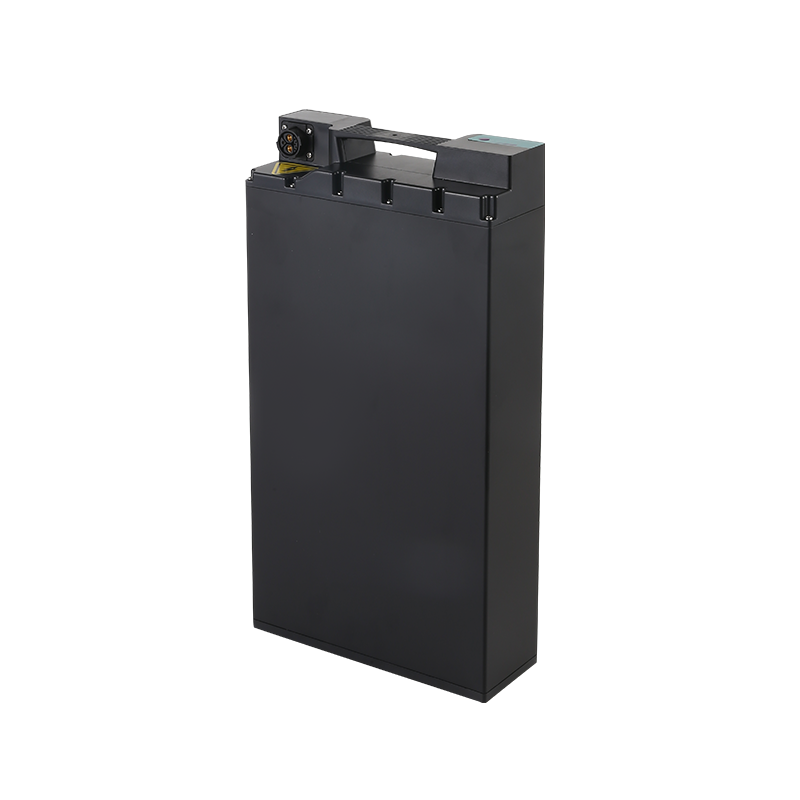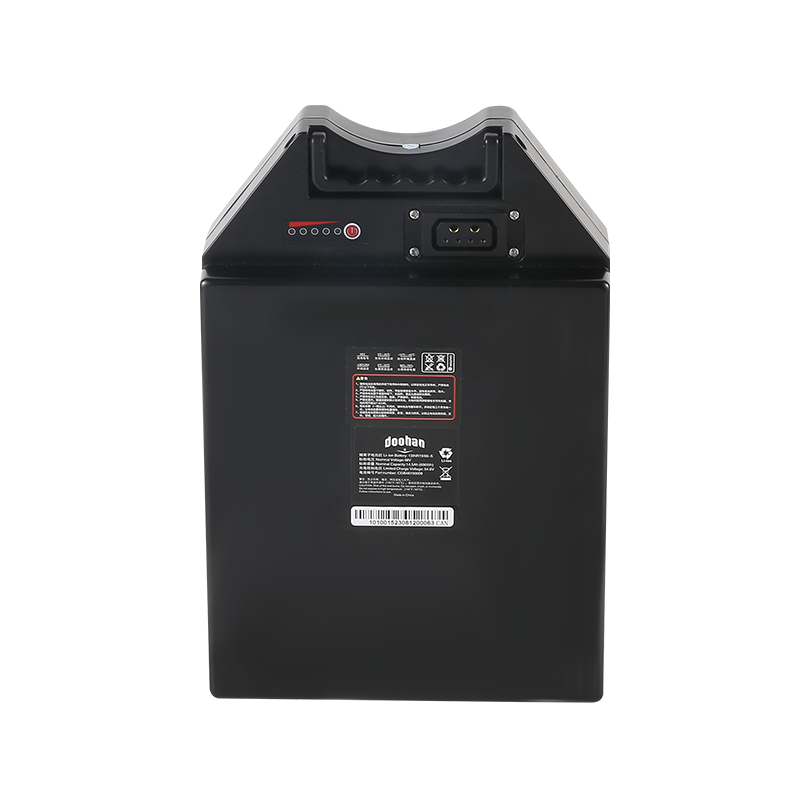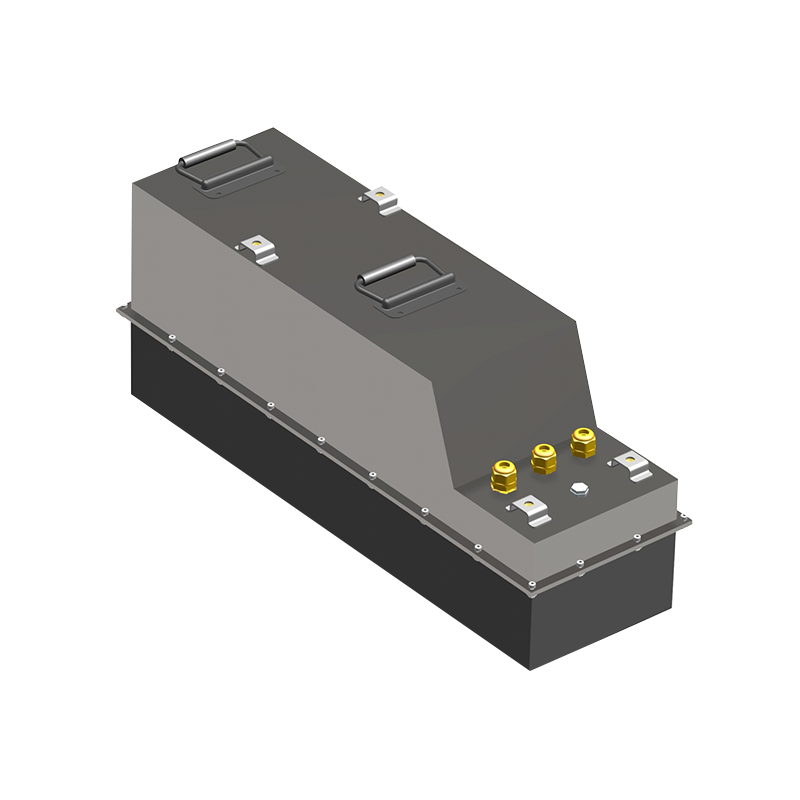Web Menu
Product Search
Exit Menu
Navigating the World of Cylindrical Cell Modules
High Quality Cylindrical Cell Module Suppliers Manufacturing
Cylindrical cell modules have emerged as a pivotal element in the field of energy storage, particularly within the realm of battery technology. These modules are known for their cylindrical shape and are widely recognized for their reliability, performance, and adaptability in various applications.
Cylindrical cell modules are characterized by their unique design, which includes a cylindrical steel can that houses the cell's components. Inside the can, a spirally wound electrode assembly is contained, which is composed of a positive electrode, a negative electrode, and a separator that prevents direct contact between the two. This assembly is immersed in an electrolyte that facilitates the flow of ions, enabling the chemical reactions necessary for energy storage and discharge.
The cylindrical shape offers several advantages over other forms, such as prismatic or pouch cells. The robust steel casing provides mechanical protection, which is crucial for withstanding external pressures and impacts. Additionally, the cylindrical design allows for efficient heat dissipation, a critical factor in maintaining the longevity and safety of the cell.
One of the primary benefits of cylindrical cell modules is their high energy density. They can store a significant amount of energy in a relatively small space, making them ideal for applications where space is at a premium. The energy density of cylindrical cells is often attributed to the efficient use of space within the can and the effective design of the electrode assembly.
Moreover, cylindrical cell modules are known for their long cycle life, which means they can be charged and discharged many times without a significant loss in performance. This characteristic is particularly important for applications that require frequent use, such as electric vehicles (EVs) and renewable energy storage systems.
Safety is a paramount concern in the design of any energy storage solution, and cylindrical cell modules are no exception. These modules are equipped with various safety features to prevent accidents and ensure user protection. Overcharge protection, over-discharge protection, and temperature monitoring are standard features that help maintain the integrity of the cell and prevent potential hazards.
In the event of an internal short circuit or over-voltage situation, cylindrical cells are designed to vent pressure safely through a pressure release device, small the risk of explosion or fire. This feature, combined with the robust steel casing, makes cylindrical cell modules a safe choice for a wide range of applications.
Cylindrical cell modules are used in a variety of applications, from small portable electronics to large-scale energy storage systems. In the automotive industry, they are a popular choice for electric and hybrid vehicles due to their high energy density and reliability. In the renewable energy sector, they are used in conjunction with solar panels and wind turbines to store excess energy for later use.
As technology advances, cylindrical cell modules are expected to play an even more significant role in the future of energy storage. With ongoing research and development, improvements in materials and manufacturing processes are anticipated to enhance the performance, safety, and cost-effectiveness of these modules.
In conclusion, cylindrical cell modules represent a critical component in the advancement of energy storage technology. Their combination of high energy density, long cycle life, and safety features make them a reliable choice for a multitude of applications. As the demand for efficient and safe energy storage solutions grows, cylindrical cell modules are poised to continue their role as a key player in this dynamic field.
-

+86-13049701086
-

Stonehuang@CGONEN.com
-

No.88, Huji Road, Taizhou Bay Binhai New Area, Jiaojiang District, Taizhou City, Zhejiang Province, China











